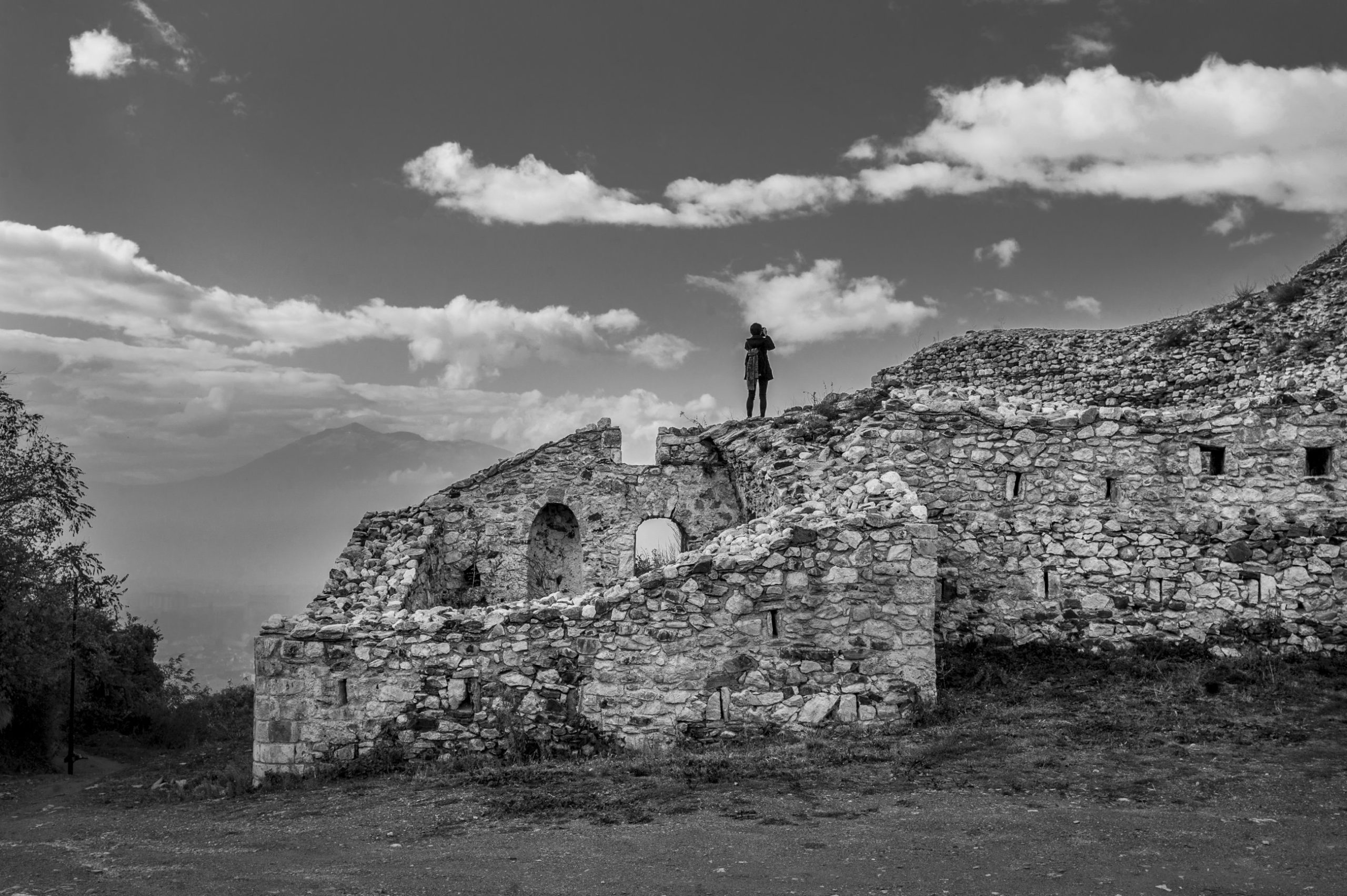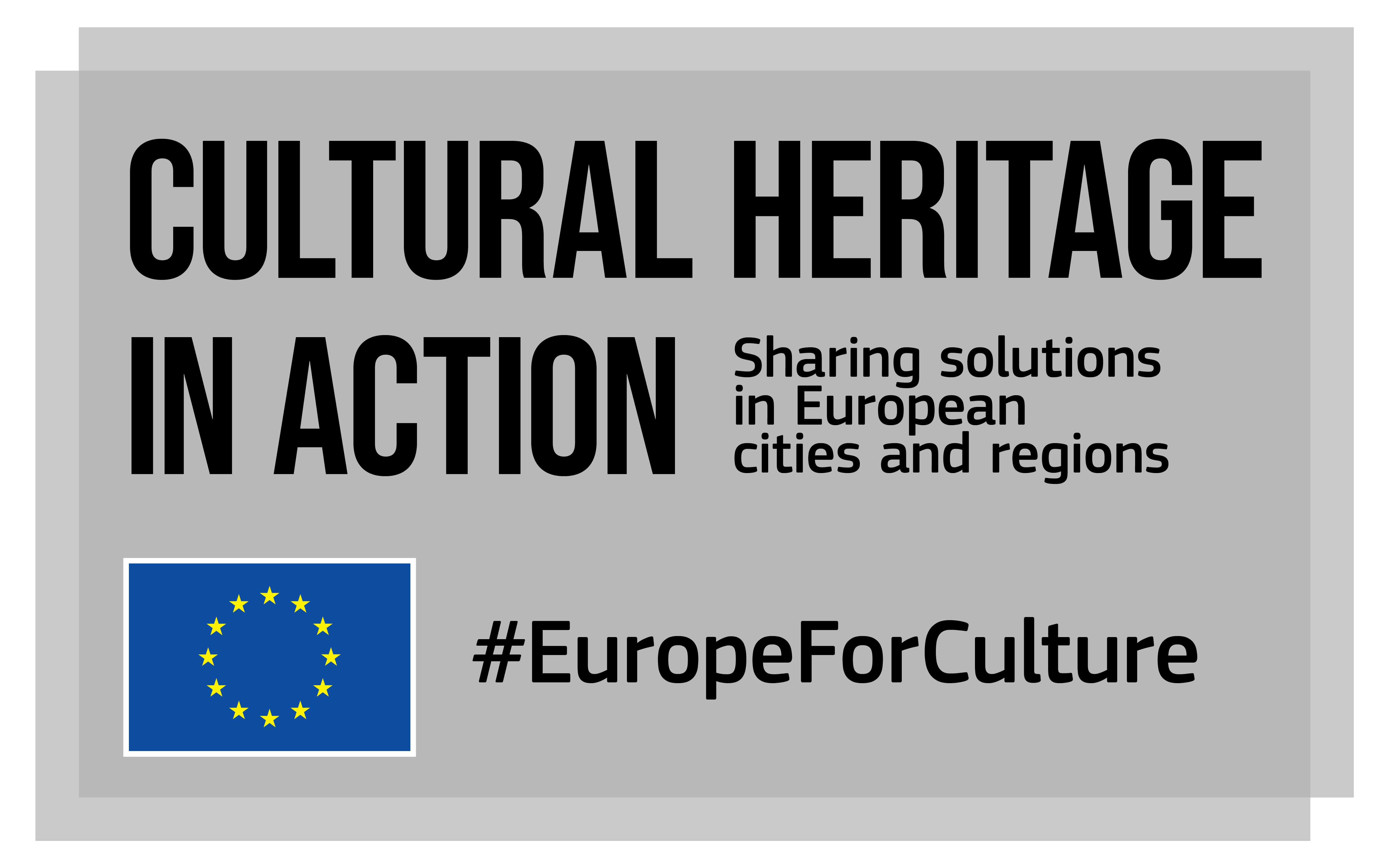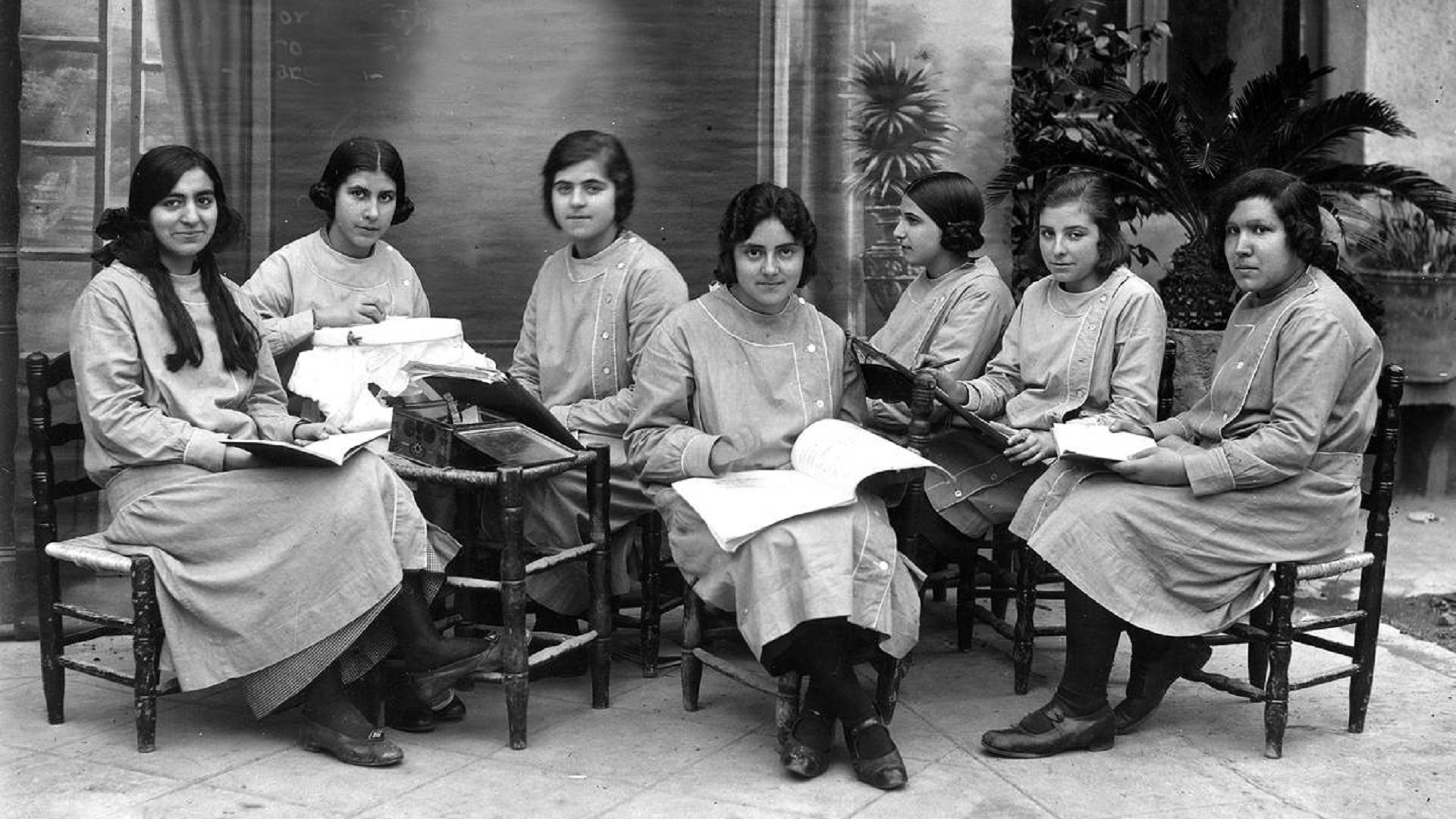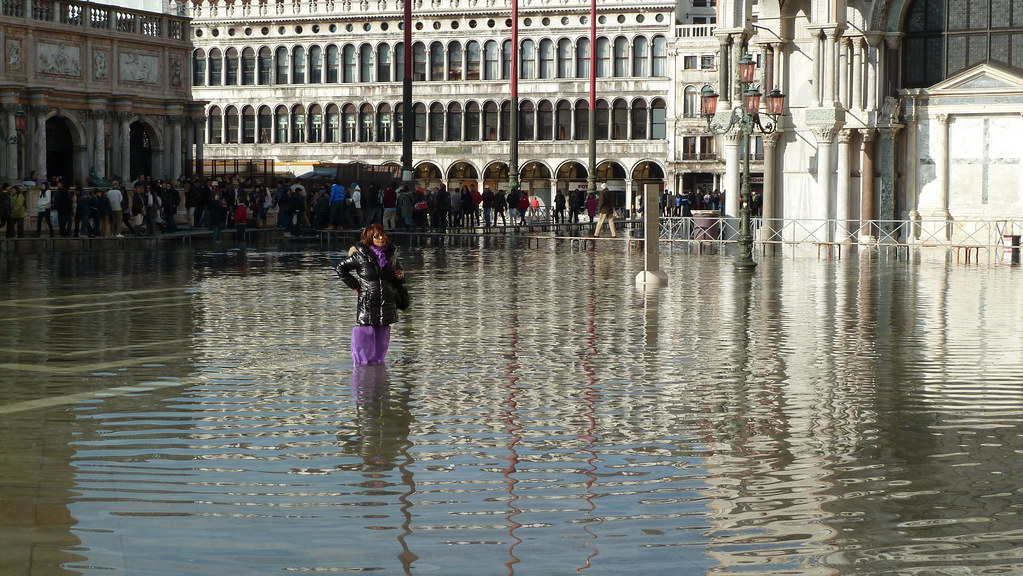
Belgium
In Belgium, setting up a specific research programme is of national responsibility, while the field of cultural heritage is a regional responsibility. Programmes and calls in Belgium commonly focus on digitization, climate change impact, and conservation. Complementary funding sources and EU initiatives further support cultural heritage research, enhancing collaboration and expanding access to European networks.
Research strategies and priorities
National level
Research strategies fall upon the Federal Scientific Institutions (FSI).
The BELSPO has a focus on the “Access/Audience development” priority, which they relate to “digital access and restitution”, as well as the “Sustainable conservation and safeguarding” priority. Regarding the transversal priorities, “Digital transition” priority has been a main recurring theme, not only as a transversal aspect, but as a research theme. “Climate change/adaptation” priority is also an important priority, even though BELSPO’s scope seems limited (as mostly concentrated on indoor collections). Finally, concerning the “Gender equality” priority, it is “transversal evaluation criterion across all programmes and calls.”
On the regional level, the Flanders heritage Agency (FHA), as the agency of the Flemish Government, deals with immovable cultural heritage, broadly defined as archaeology, built and maritime heritage and cultural landscapes. The FHA protects immovable heritage, supports its conservation and carries out policy-oriented research in Flanders. This research includes cataloguing and protecting heritage values but also drawing up manuals and assessment frameworks and research in the area of policy development (based on analyses, syntheses, social trends, monitoring and benchmarking).
Priorities for research in CH are also defined mainly on this level: they are very much connected to the regional cultural heritage policy. The research agenda is made up with partners from the sector, around long-term research themes such as cultural participation, experience of cultural spaces, digitalisation of cultural heritage, but also the social and economic position of professionals in the cultural heritage sector.
Currently, some more general research priorities are for example: sustainability of heritage in the face of climate change, (re)use of heritage, participation of citizens through specific policy instruments and research on finance models for heritage preservation.
Research priorities set by regional authorities are mainly restricted to the core business of research necessary to protect and safeguard the regional heritage. There is (at least today) no extra budget foreseen by the responsible politicians to invest in the more global European challenges (exception: climatic challenge).
Programmes and calls for cultural heritage
Cultural heritage is present in initiatives design and implemented at the Belgium Science Policy (BELSPO), a funding agency, in line with the research strategies of FSI, such as, dedicated research programmes to Heritage Science (BRAIN 1.0 (2012-2017), BRAIN 2.0 (2018-2023), R&I programmes related to Research Infrastructures (ESFRI-FED (2021-2026), INFRA-FED (2022), capacity development programme, which includes profiles in Cultural Heritage (FED-tWIN (2019-2024).
The main recurrent themes related to cultural heritage featured on the programmes are designated to be digitisation and public access to collections, impact of climate change in cultural heritage, narratives and restitution (decolonisation), (preventive) conservation and management of collections.
Complementary forms of funding
Programmes relevant but not dedicated to cultural heritage do exist in Belgium, such as the Belgian Research Action through Interdisciplinary Networks 2.0 (2018-2023), the ESFRI-FED (2021 -2026) in support of the valorisation of federal components in ESFRI distributed and virtual infrastructures, the INFRA-FED 2022, impulse action call to foster the development of emerging research infrastructures within federal institutions.
EU joint actions: state of the art and future opportunities
EU Work Programmes interactions with national/regional level
EU Work Programmes may have influenced the Belgian programme(s) and/or call(s), including those addressing cultural heritage, and especially Horizon Europe Cluster 2 calls and INTERREG.
Thematic and transversal priorities from the EU 2021-24 Work programme are considered relevant for Belgium. However, not all the EU priorities applied to the national programmes, because, from one side “territorial development” is considered a regional competence, and “skills and competences” are associated less to research programmes and more to development schemes.
European actions’ added value
In general, the EU 2021-2024 Work Programmes add value for cultural heritage research, by providing direction and helping in formulating relevant research topics for BELSPO and creating opportunities for the universities to connect with other research institutes in Europe and do research that goes beyond what is only relevant for the own region for the Flanders Heritage Agency.
The Department Culture, Youth and Media of Flanders is active in EU actions for cultural heritage. It takes part in the Cultural Affairs Committee, the Cultural Heritage expert group from the European Commission, the reflection group “EU and Cultural Heritage”. There is also a link with the Creative Europe Desk and with the Europeana Network Association. The Department has also indicated its collaboration on The Compendium of Cultural Policies & Trends, which, even though not exclusively focused on cultural heritage, has been underlined.







